News + Media
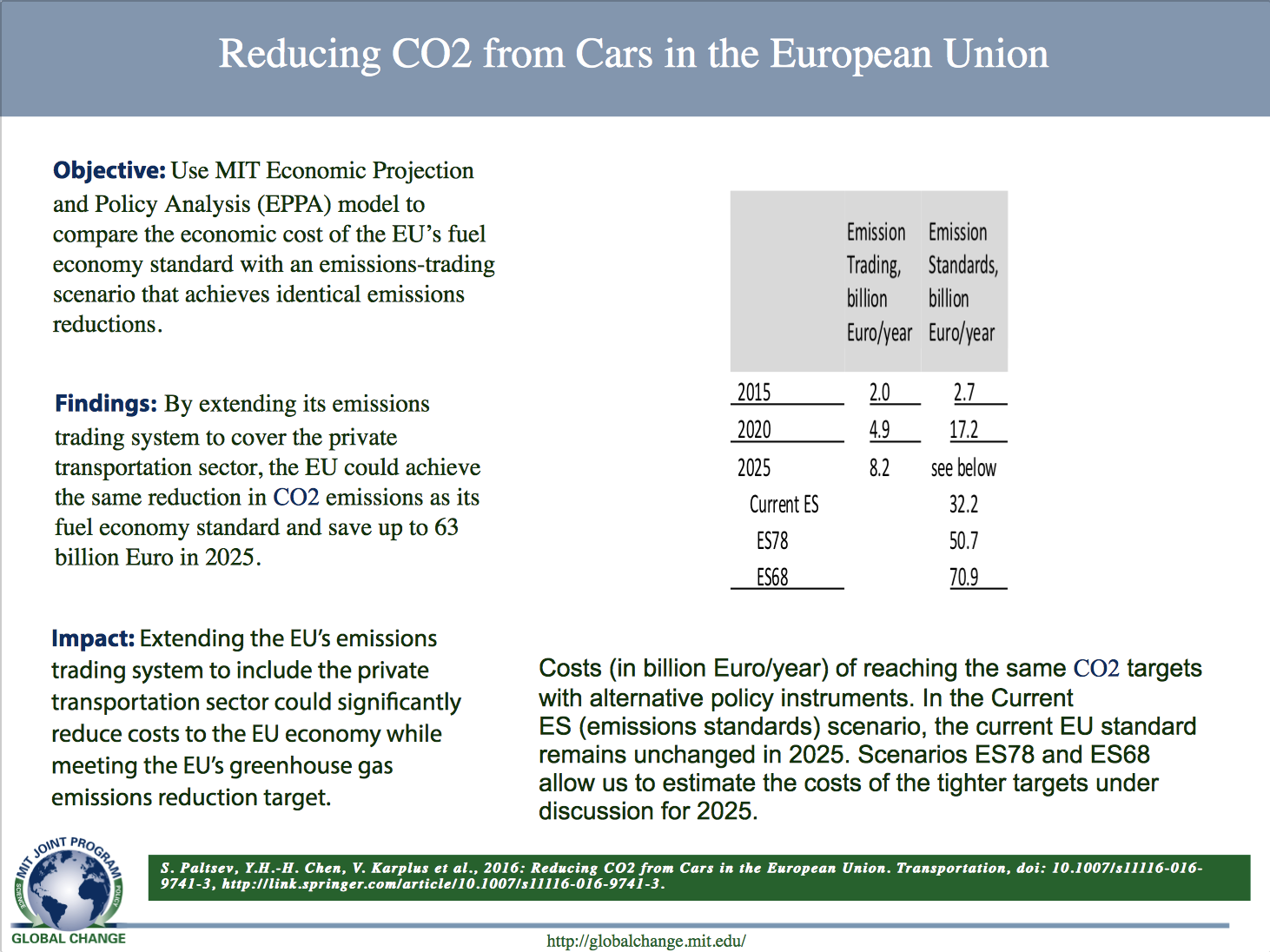
The European Union could meet its climate goals and save billions of Euro by extending its emissions trading system to include the private transportation sector.
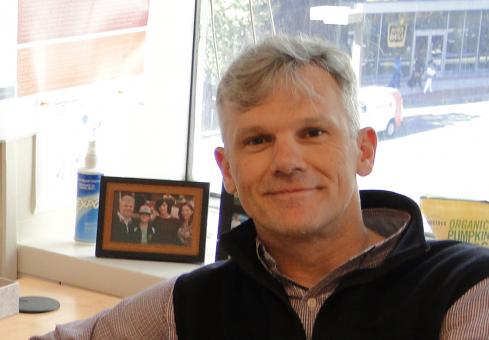
Last spring Joint Program Deputy Director and Senior Research Scientist C. Adam Schlosser and colleagues published a paper in the journal PLOS One that projected a “high risk of severe water stress” in much of Asia by midcentury.
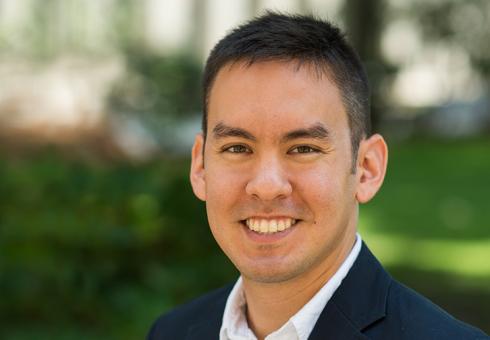
“What we’re trying to do is to use data sources and methods that other people have not used, and that are more flexible and sophisticated, to do this estimation,” says Kishimoto, who is pursuing this research in preparation for his PhD thesis.
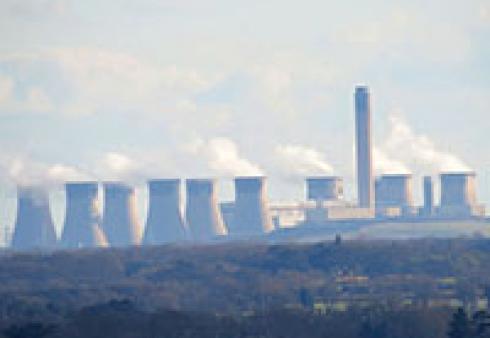
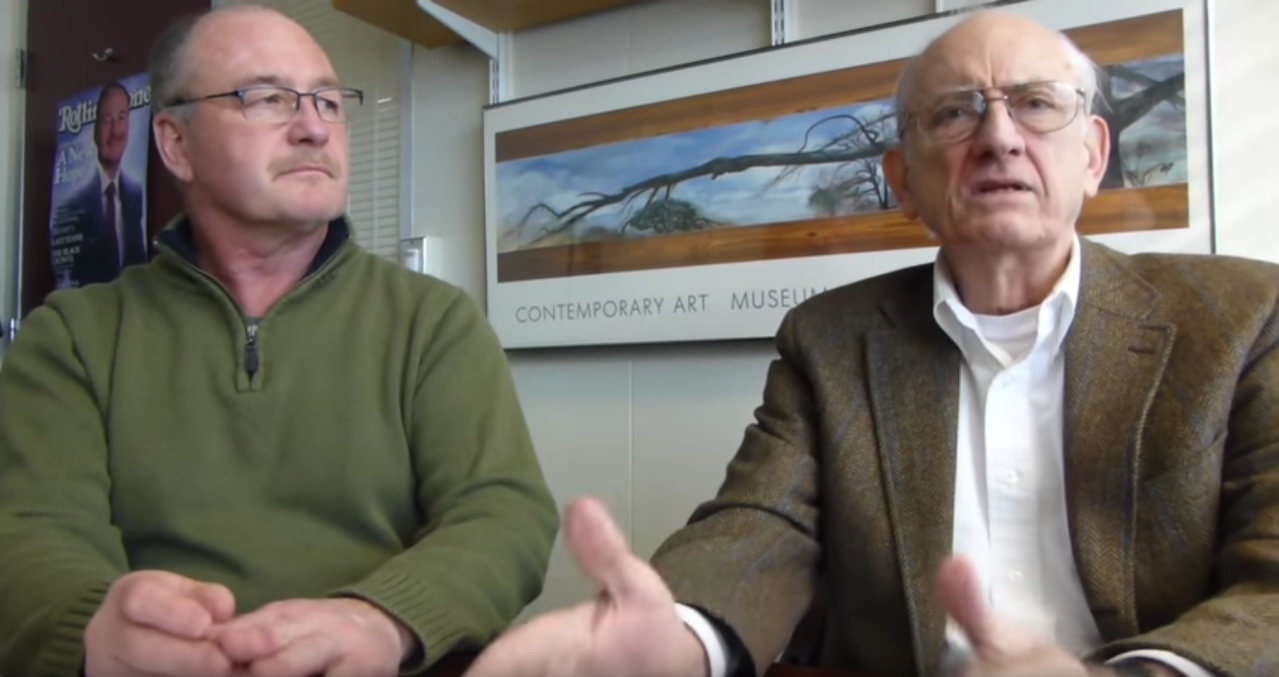
Two veteran environmental economists at MIT, John Reilly (left) and Henry "Jake" Jacoby, briefly outline a couple of the most important, and least appreciated, facts about human-driven climate change. One is that the system has enormous inertia, preventing any quick fix. Another is that deep...
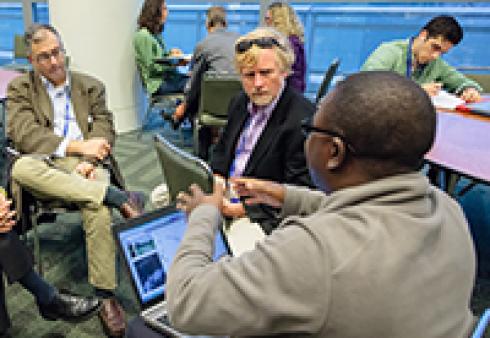
In 17 talks and posters, Joint Program researchers present global and regional analyses at the AGU’s annual fall meeting
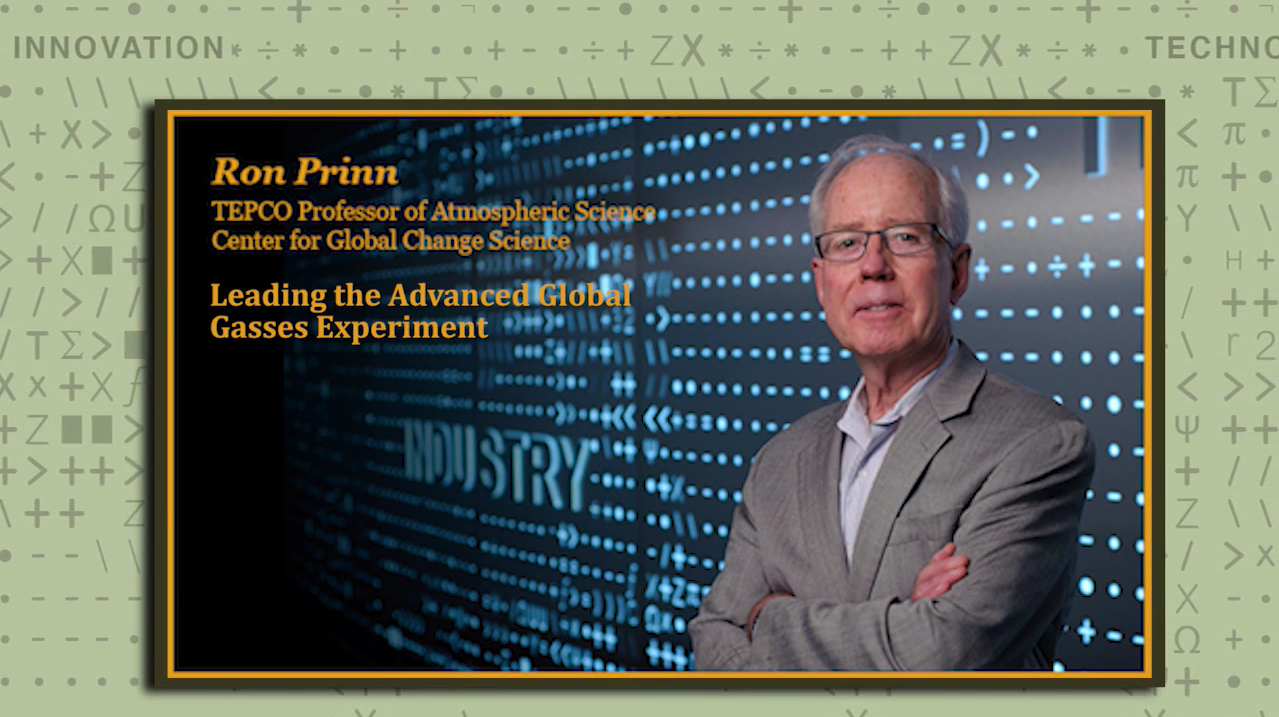
Ron Prinn discusses his work on the Advanced Global Atmospheric Gases Experiment with MIT's Industrial Liason Program.
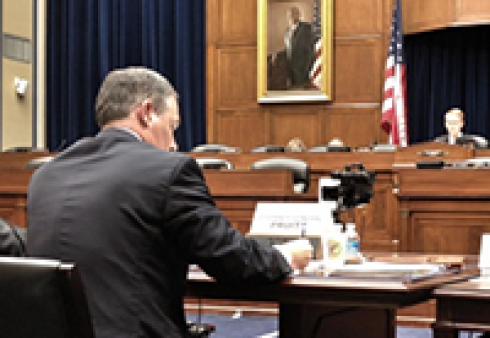

New book chapter highlights the Joint Program’s approach to representing land use in global computable general equilibrium models


